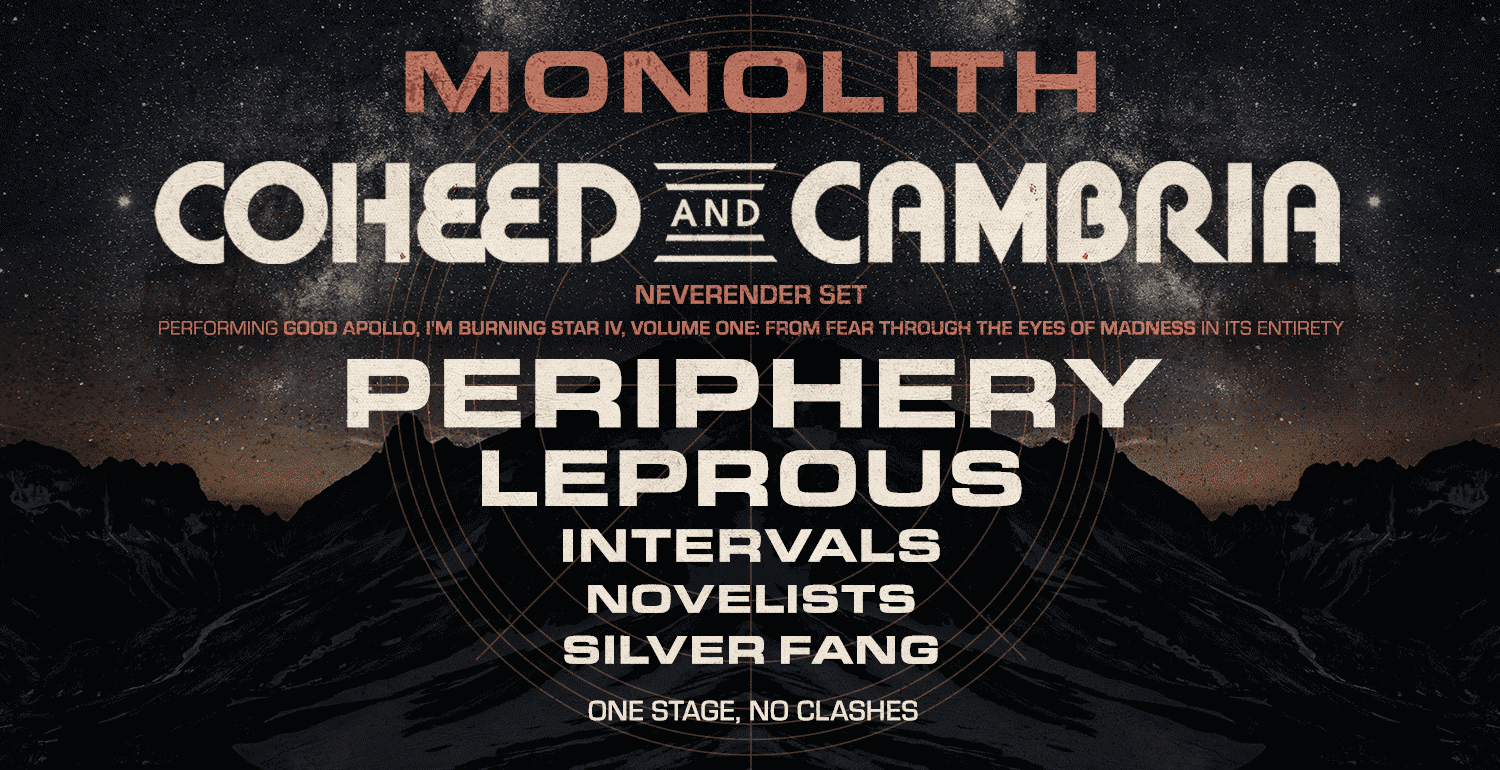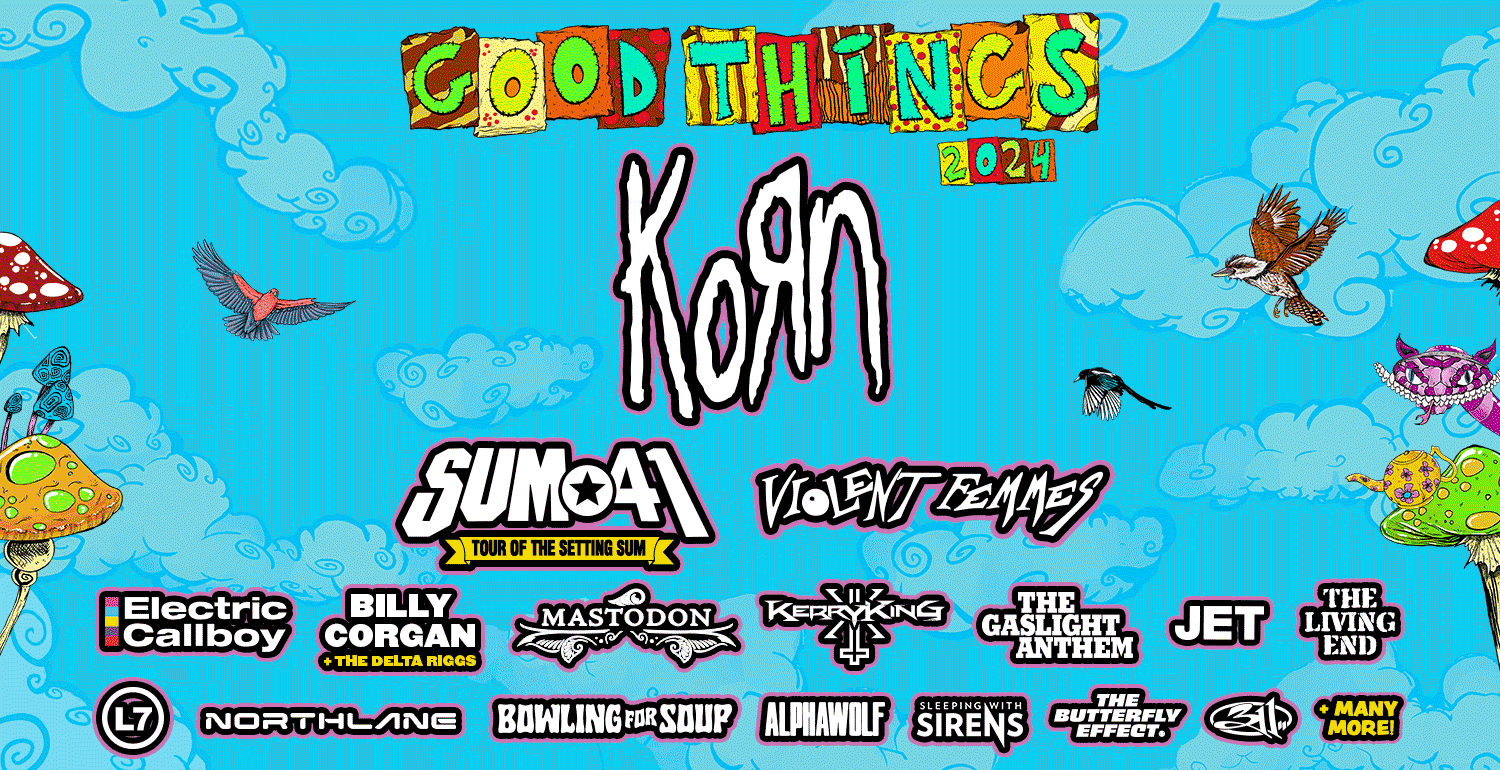[et_pb_section bb_built=”1″ admin_label=”Section” fullwidth=”on” specialty=”off” _builder_version=”3.0.51″ background_color=”#ad9039″ global_module=”34913″][et_pb_fullwidth_menu admin_label=”Menu #25″ global_parent=”34913″ _builder_version=”3.0.51″ menu_id=”103″ background_color=”#ad9039″ submenu_direction=”downwards” fullwidth_menu=”off” background_layout=”dark” text_orientation=”center” dropdown_menu_animation=”fade” background_position=”top_left” background_repeat=”repeat” background_size=”initial” dropdown_menu_bg_color=”#ad9039″ mobile_menu_bg_color=”#ad9039″ /][/et_pb_section][et_pb_section bb_built=”1″ admin_label=”section” background_color=”#232323″ custom_padding=”0px|0px|0px|0px” disabled_on=”on|on|off” _builder_version=”3.0.47″ background_image=”https://digi.heavymag.com.au/wp-content/uploads/sites/2/2017/05/68.jpg”][et_pb_row admin_label=”row” custom_padding=”301px|0px|487px|99px” column_padding_mobile=”on” _builder_version=”3.0.47″ background_size=”initial” background_position=”top_left” background_repeat=”repeat”][et_pb_column type=”4_4″][/et_pb_column][/et_pb_row][/et_pb_section][et_pb_section bb_built=”1″ admin_label=”section” background_color=”#232323″ custom_padding=”0px|0px|0px|0px” disabled_on=”off|off|on” _builder_version=”3.0.47″ background_image=”https://digi.heavymag.com.au/wp-content/uploads/sites/2/2017/05/68.jpg”][et_pb_row admin_label=”row” custom_padding=”199px|0px|63px|99px” column_padding_mobile=”on” _builder_version=”3.0.47″ background_size=”initial” background_position=”top_left” background_repeat=”repeat”][et_pb_column type=”4_4″][/et_pb_column][/et_pb_row][/et_pb_section][et_pb_section bb_built=”1″ admin_label=”section” background_color=”#5b5b5b” custom_padding=”27px|0px|46px|0px” module_class=”ssm-diagonal-bottom” _builder_version=”3.0.47″ parallax=”on”][et_pb_row admin_label=”row” custom_padding=”14px|0px|0px|0px” _builder_version=”3.0.47″ background_size=”initial” background_position=”top_left” background_repeat=”repeat”][et_pb_column type=”4_4″][et_pb_code admin_label=”Code” _builder_version=”3.0.47″]<iframe src="https://embed.spotify.com/?uri=spotify%3Aartist%3A51EEn3UICoilrrWVZFz30C" width="100%" height="380" frameborder="0" allowtransparency="true"></iframe>[/et_pb_code][/et_pb_column][/et_pb_row][/et_pb_section][et_pb_section bb_built=”1″ admin_label=”section” background_color=”#000000″ custom_padding=”102px|0px|1px|0px” _builder_version=”3.0.47″ parallax=”on”][et_pb_row admin_label=”row” custom_padding=”5px|0px|53px|0px” column_padding_mobile=”on” _builder_version=”3.0.47″ background_size=”initial” background_position=”top_left” background_repeat=”repeat”][et_pb_column type=”1_2″][et_pb_text admin_label=”Text” background_layout=”dark” text_orientation=”justified” _builder_version=”3.0.47″ text_font=”Raleway Light|on|||” text_font_size=”16px” text_text_color=”#ffffff” background_size=”initial” background_position=”top_left” background_repeat=”repeat”]
Josh Scogin has a fearsome reputation as a live performer with his previous bands, The Chariot and Norma Jean; regularly risking life and limb in his energetic stage show, which included setting things on fire, swinging from the rafters, and spending more time in and on top of the crowd than in front of the audience.
While his latest offering, ’68, could be considered as merely a duo, Scogin maintains that ferocity and intent despite now having to contend with guitar duties, as well as vocals.
“I don’t compare ’68 to my previous bands,” he shrugged. “I write music that makes me move and makes me wanna get rowdy. So, therefore, obviously, on stage it gets rowdy, but I am having to play guitar now instead of just purely singing, so there are some songs that come with that but there’s also advantages to playing guitar and singing – little tricks you can do. If you keep it separated and try not to compare it to previous bands and make it the most it’s supposed to be, then I find it very easy to do and it comes very naturally from that point.”
After fronting a couple of full bands, it would seem, in theory, that going to a two-piece is a regression of sorts. But Scogin says it’s just the opposite.
“I find it easier to have less cooks in the kitchen, that’s for sure,” he laughed. “I’ve been in bands before and they’ve always been five-piece bands, and when I decided to start ’68 I wanted something new; something fresh and different, at least for me. And when I came up with the idea of making it a two-piece, and the challenges that come with that (and the perks that come with that), that’s when it got really exciting for me. That was when the puzzle started finding its way to the correct spot. It’s really enjoyable. Some of the limitations are the things that make it so beautiful, you know?”
With the band’s second full-length album, Two Parts Viper, coming out on June 2nd, Scogin says ’68 are starting to feel like they are achieving their potential.
“I’m not too goal oriented,” he stressed, “and I don’t set out too many things. I obviously wanted this album to sound different to the last record and I wanted it to be its own entity. I just want it to be the best it can be, and create songs and write songs then step back and listen to them and that’s it. As long as it meets that goal, then I’m happy. This album was recorded over seven months in little bits here and there – instead of recording it in three weeks or whatever – because we were just on tour for so long and we never had time to stop for a few weeks and record it and get it done, and I’ve never done it like that. It’s just always been one finite period. You write it, you record it; then it’s done. But this one being done over seven months, and little bits here and there, or two nights in the studio and then out on tour… my overall goal was just to keep stepping back and keep looking at it as a finished product and as an entire thing. Is this where I want it to be? And it definitely met all of my expectations and I’m very proud of it.”
Recording over a prolonged period is not a favoured option of bands, with many believing the more you analyse a piece of music, the more purity you will take out of it. Scogin admits that was his main concern throughout the whole process.
[/et_pb_text][/et_pb_column][et_pb_column type=”1_2″][et_pb_text admin_label=”Text” background_layout=”dark” text_orientation=”justified” _builder_version=”3.0.47″ text_font=”Raleway Light|on|||” text_font_size=”16px” text_text_color=”#ffffff” background_size=”initial” background_position=”top_left” background_repeat=”repeat”]
“There’s pros and cons,” he conceded. “One element I loved is I’ve never had the opportunity to listen to a song one hundred times over two months. It’s usually done and it’s out for better or for worse there it goes and so that can be a good thing and a bad thing. Some of these songs five months later I had the ability to change it and it was a case of should it be changed or should it not? These were the things I would toy with and have to discern for myself. Rock and roll, I think, should be impulsive and it should be a gut instinct, and I don’t wanna over produce it or over think it. So I tried to find this healthy balance where, hey, I do have this opportunity that I’ve never had before and I do wanna take advantage of it in making the song better than it originally was but I didn’t wanna suck the soul out of it at the same time.”
While not wanting to split the two albums, Scogin believes that you can definitely hear the musical growth in ’68 from In Humor and Sadness to Two Parts Viper.
“I think Two Parts Viper is a lot wider of an album,” he measured. “It travels down a few different roads that the last one didn’t. There’s one song in particular and the whole thought process was to have zero guitars. A lot of our music is riff-driven and guitar-based, so the challenge or the thought was to do a whole song with no guitars. So we started messing around on a keyboard and synth, and at the end of the day, it’s one of my favourite songs on the album. I think this album travels down a few different paths and I really enjoy that journey aspect of it.”
Despite only having two members, ’68 has a massive sound and when it comes to reproducing this sound in the live arena, Scogin admits sometimes the band has to take liberties.
“It’s when I’m writing the songs, I write them with the thought process that we’re just two dudes, so you technically keep it drums, guitar and vocals, and then maybe an extra thing here-and-there where you go, I can play this bit on the guitar one-handed; or do that with one hand; or the drummer is playing a real simple beat there, so he can play the organ or the piano bit. So it’s not impossible, but it’s definitely something that’s always in the forefront of my mind as I’m writing stuff. Having said that, the album is the album and the live show is the live show; I keep them separated. If something needs to be on the album to make it stand out and make it feel good or feel right, then I’ll do it. And if it’s something I can’t reproduce live, then I’ll figure out a different way to make it sound, hopefully, just as good, but that’s not gonna hinder me from putting it on the record, necessarily.”
Written by Kris Peters
[/et_pb_text][/et_pb_column][/et_pb_row][/et_pb_section][et_pb_section bb_built=”1″ admin_label=”section” background_color=”#494949″ _builder_version=”3.0.47″][et_pb_row admin_label=”row” _builder_version=”3.0.47″ background_size=”initial” background_position=”top_left” background_repeat=”repeat”][et_pb_column type=”4_4″][et_pb_video admin_label=”Video” src=”https://www.youtube.com/watch?v=TR4uoOVah7I” image_src=”//i.ytimg.com/vi/TR4uoOVah7I/hqdefault.jpg” _builder_version=”3.0.47″ /][/et_pb_column][/et_pb_row][/et_pb_section]












